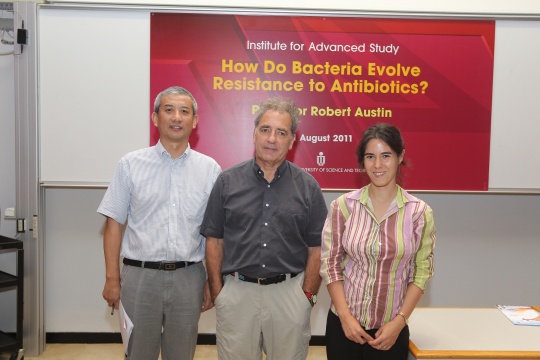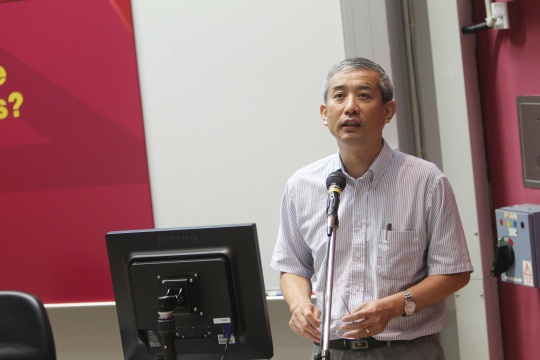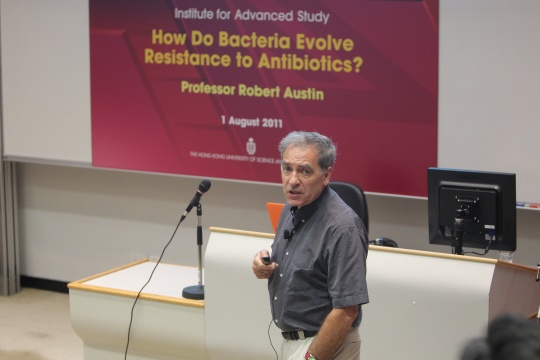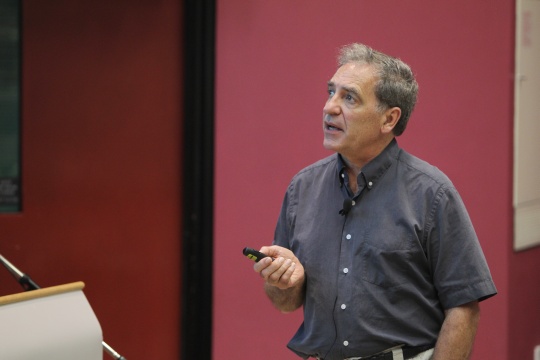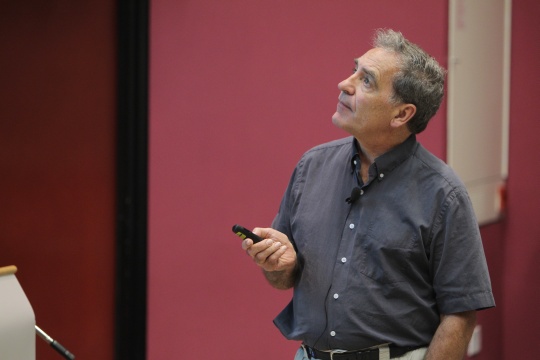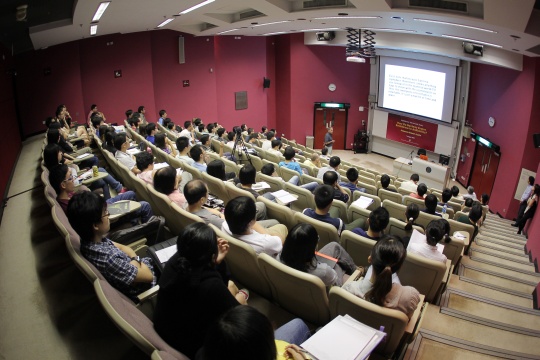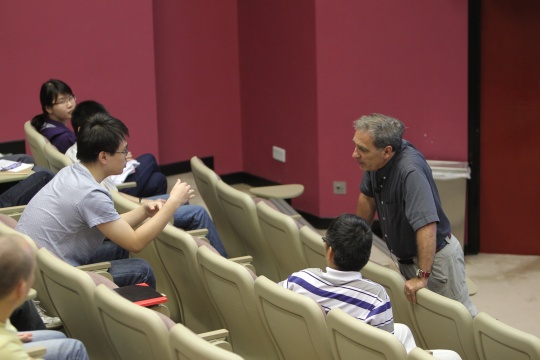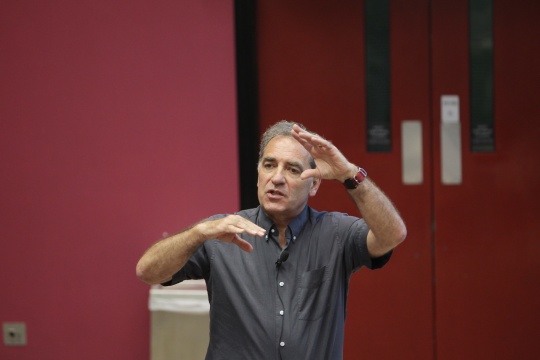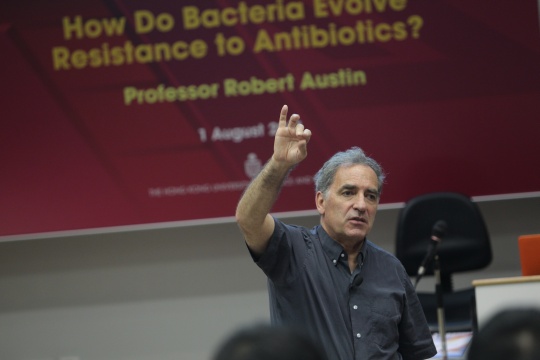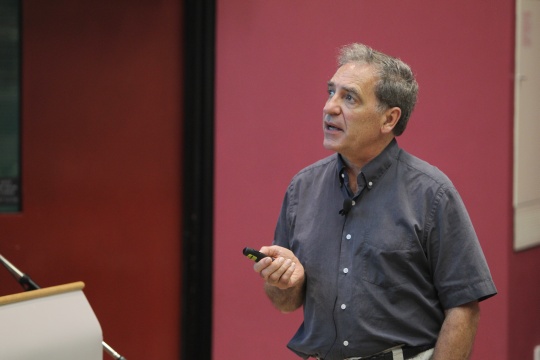How Do Bacteria Evolve Resistance to Antibiotics?
Abstract
What drives the emergence of highly resistant strains of bacteria, such as the recent enterohaemorrhagic strain of E. coli O104:H4 that caused many deaths in Europe this spring? The speaker will try to outline how bacteria evolve rapidly in terms of general principles of evolution dynamics, why they might become toxic from a game perspective, and some lessons to be learned for the future.
About the Speaker
Prof. Robert Austin completed his PhD in Physics at the University of Illinois at Urbana Champagne in 1975. He has been teaching at Princeton University since 1978 and is current Professor of Physics. His research interests are in experimental biological physics over a wide range of areas, including Fundamentals of Protein Dynamics: Energy Landscapes and Quantum Mechanics of Proteins, DNA Dynamics: sequence influences, Nanotechnology: DNA Dynamics, Nanotechnology: Micro/nanofluidics and recently Ecology and Evolution Dynamics. His research group is also in the process of developing novel techniques to quickly resolve DNA of different lengths and cells of different size in microchannels. He is a Fellow of the American Physical Society, a Fellow of the American Association for the Advancement of Science, a Member of the US National Academy of Sciences, a Fellow of the American Association of Arts and Sciences, and won the Lilienfeld Prize, American Physical Society.

